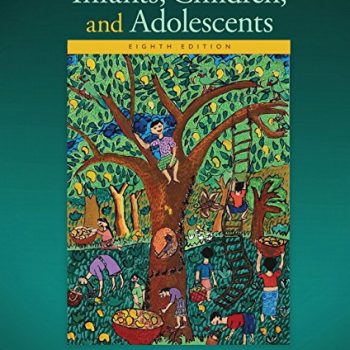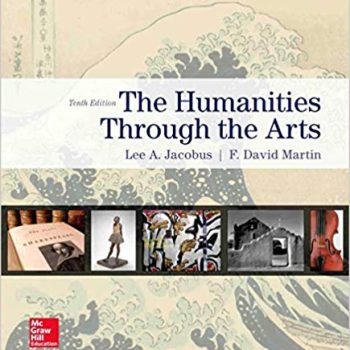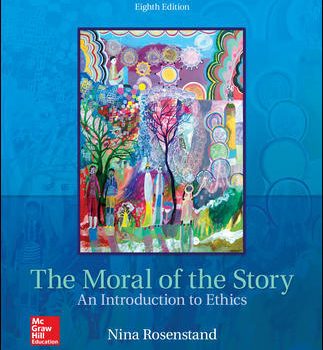Humanities and Social Sciences
Introduction to Humanities and Social Sciences
Humanities and Social Sciences are very broad fields of study. It consists of two parts; the humanities and the social sciences. For the humanities part, you will learn a lot about philosophy, history, literature, religion, music, and the human condition. At the same time, social sciences are more related to human behavior. The field of study here includes criminology, gerontology, law, political science, psychology, and human development.
The Humanities and Social Sciences study human behavior and interaction in social, cultural, environmental, economic, and political contexts. The Humanities and Social Sciences have a historical and contemporary focus, from personal to global contexts, and consider challenges for the future.
Importance of Humanities and Social Sciences
By studying Humanities and Social Sciences, students will develop the ability to question, think critically, solve problems, communicate effectively, make decisions and adapt to change. Thinking about and responding to issues requires understanding the key historical, geographical, political, economic, and societal factors involved and how these different factors interrelate.
Humanities and Social sciences study human beings, cultures, and societies. However, Humanities have a subjective, critical-thinking, or opinion-based approach. Social Science has an objective approach based on research and scientific evidence.
The Humanities and Social Sciences subjects provide a broad understanding of the world in which we live. It also shows how people can participate as active and informed citizens with high-level skills needed for the 21st century.
The subjects taught in Humanities, and Social Science classes include:
- History
- Geography
- Economics and Business
- Civics and Citizenship
Difference between Social Sciences and Humanities
Humanities and Social Science focus on the same topic: humans and our evolution and behavior in social and cultural contexts.
Humanities is a discipline that uses an analytical and critical approach. It is the subjective study of humans, our history, culture, and societies. You won’t need to conduct any scientific research during a Humanities degree.
Social Science, on the other hand, uses a scientific and evidence-based approach. Social Science is the objective study of humanity and its past, present, and future. You will conduct scientific research during a Social Science degree because all findings are based on empirical data.
Carrier Growth
Regardless of what some people say, the Humanities, just like Social Science, opens the doors to exciting careers and well-paid jobs. Educational level and field of study affect students’ career options in the humanities and social sciences fields. With an associate degree, students can pursue entry-level roles in education and social service settings, where they can work as preschool teachers, library assistants, and social work assistants.
Bachelor’s degree holders can work in various industries, including education, media and communication, and business. Depending on their major, they can pursue jobs as research analysts, teachers, and journalists. Graduates with a master’s degree can explore many advanced roles, such as economists, political scientists, and school counselors.
Test Bank Resources
The test banks are meant to increase the overall understanding of any subject matter. They can also help prepare you for future courses when what you are learning today is considered a prerequisite. The Test Bank for Sociology A Brief Introduction 13th Edition By Schaefer will help you prepare for your upcoming exam. It will help you master key concepts and thoroughly understand what to expect in your test.
This test bank is ideal for anyone who needs to cram before a big test. It enables you to get hands-on practice for demonstrating your knowledge and upping your grades. If you want to be fully prepared, you should opt for this test bank. This test bank is recommended as one of the most effective and efficient ways to prep for exams.
Conclusion
Humanities and Social sciences study human beings, cultures, and societies. Humanities have a subjective, critical-thinking, or opinion-based approach. Social Science has an objective approach based on research and scientific evidence.
Humanities and social science degrees can be vastly different, but all have one thing in common: they’re focused on human life. While humanities subjects are primarily analytical or philosophical, social sciences are more scientific and experimental.








